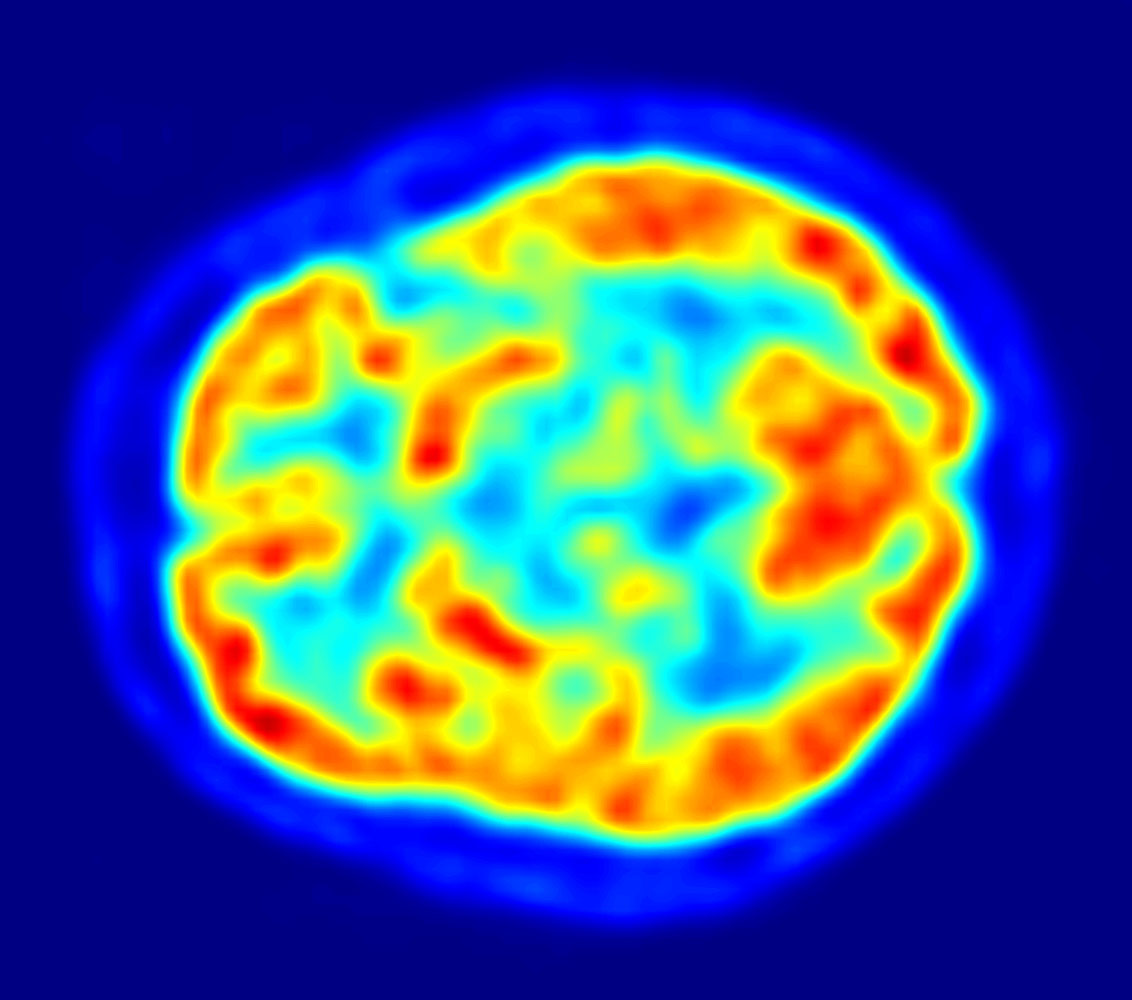I had been holding off posting for a few days, not out of laziness,* but because I was waiting to find out the outcome of my hospital appointment last Thursday. And then it took me absolutely ages to type this up because, let's face it, it's dull and complex. For the last couple of months I have been largely in the dark as to the results of my blood tests and recent MRi scan, so I really had no idea what to expect.
What I did
not expect was to find the television in the endocrine waiting room playing
Cash In The Attic. This television has, to my knowledge, never previously displayed anything other than
The Jeremy Kyle Show. I always assumed that the hospital trust had performed some kind of patient survey and determined that diabetics and people with pituitary tumours prefer their televisual experiences to involve shouting, paternity testing, and the phrase "
Madam, you disgust me".
I digress.
First up, as per usual, I was weighed (lost: one kilogram since February, almost certainly due to forswearing chocolate over Lent rather than the TSH-oma) and had my blood pressure taken (standing blood pressure: 118/76 - score! It would appear that switching my heart medication back to propranolol has made a difference). Then I had a quick review with one of the endocrinologists about how my symptoms have changed since being on
lanreotide injections (not much).
Then the doctor ran away and eventually returned with two other endocrinologists in tow, who all stood at the other end of the room and surveyed me like something interesting they'd found in a jar at the
Hunterian Museum.**
They have been somewhat confused by the fact that my levels of various thyroid hormones have remained roughly the same since being on the lanreotide injections, despite the fact that you would expect them to drop.
Additionally, the MRI scan of my pituitary was a little tricky to interpret. Essentially, the
pituitary gland is like a tiny upside-down lollipop just below your brain. The stick of the lollipop is called the
infundibular stalk*** and it connects the pituitary gland to the
hypothalamus. My original MRI pituitary scan showed a great big gobstopper lollipop with a dark patch of necrosis in the middle, where the tissue inside the tumour had died off a bit. To picture this, first imagine a lollipop with a liquid centre, and then imagine something a lot more disgusting. But my latest scan shows a rather more normal-sized lollipop which hasn't grown since my surgery (hurrah!). However, the stick of the lollipop is slightly bending to one side.
Given that there's limited space inside your head for these things to grow, a wonky pituitary stalk can indicate that the bulk of a tumour is pushing the rest of the pituitary gland to one side. So the area of pituitary gland on the left-hand side is now under suspicion. I have to say, looking at the scans was kind of awesome, because it's not like when people show you the
ultrasound of their baby and you have to pretend you totally see what they're talking about. I actually
could see what they were talking about.
But the problem with MRIs is that they can show you what's there, but not what it's doing. So although it looks like there's probably a bit of tumour left on one side of my pituitary gland and that may well be what's still causing my symptoms, it's still possible that it's not that bit at all. And it would be rubbish to have surgery, take that bit out and then discover it was actually healthy pituitary tissue.
So my doctors want me to have two combined PET/CT scans. PET (Positron Emission Tomography) scans are super
colourful and pretty, but that's not the only reason they want me to have one (I hope).
 |
| PET scan of the brain |
Basically, PET scans can show those areas of the pituitary that are most metabolically active. Inactive areas are dark. So the idea is that I will have one of these scans while not on any kind of medication, which should show the whole pituitary lit up like a christmas tree, and then have another scan after three months on a higher dose of lanreotide, which should suppress the hormone production in the TSHoma. Any areas that go from being bright blue on the first scan to being dark in the second scan are probably tumour. Then, if the tumour is in an easily-accessible area of my head, I might have surgery again. If it's somewhere tricky to reach, I'll probably just continue to have regular injections of lanreotide indefinitely.
So I'm not having any more lanreotide injections for six weeks, so that it's definitely completely out of my system. And in the meantime they want to have me come in overnight one for some research tests on my metabolism and things. Essentially the hospital are collecting patients with pituitary tumours that produce TSH and studying us, so I am now officially a
guinea pig.
_______________________________________________
*How could you ever
think such a thing?
**I'm joking, they were very nice.
***Or just the pituitary stalk, but you don't get to use a word like "infundibular" every day.



